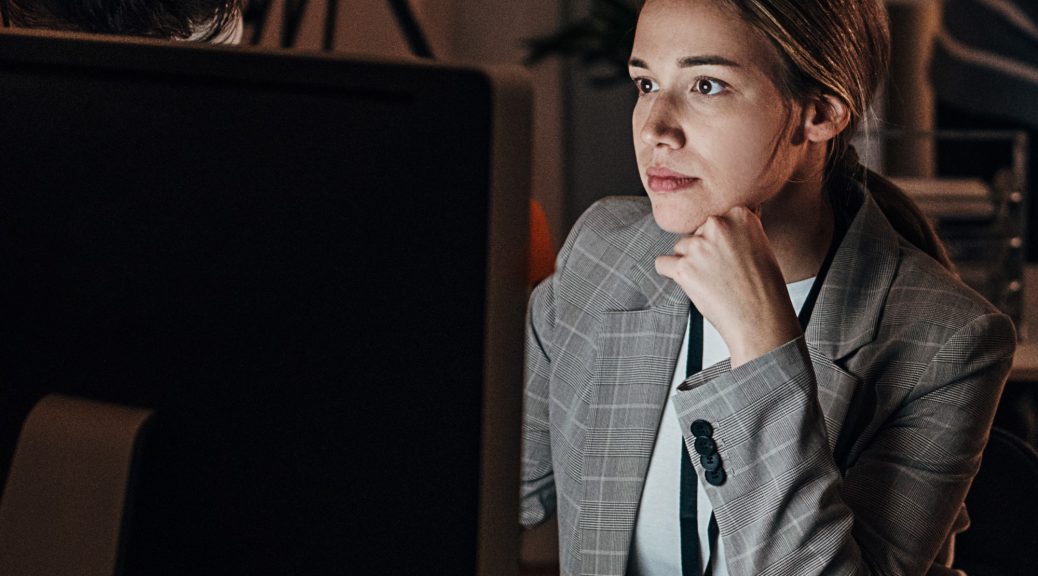
What actually is a high performing team?
It may sound crazy to ask the above question; after all, isn’t the answer obvious? Isn’t high performance just about consistently delivering results? Yes, in part, but I’d call that a performing team, not a high performing team.
Ultimately, a high performing team meets and exceeds its goals, and it does this by ensuring the team’s performance is more than the sum of its parts.
Why are high performing teams so rare?
Only one out of five teams are high performing (Wageman et al, 2008). Leading a top team to high performance is an art and a craft that can take years to practically learn and then master. Yet, most senior executives find themselves leading teams without the requisite skillset to do so; by that I mean, without the necessary training, development or comprehensive tutelage from role models throughout their own career.
Senior team leadership is both the most challenging and the most rewarding aspect of a leader’s role. It’s a craft that demands constant refinement and improvement.
Top teams do it differently
High performing top teams pull together to achieve more than the sum of their parts. They relentlessly strive for success, and challenge themselves to achieve ever greater performance and effectiveness.
As with top athletes, many high performing teams consult with coaches to increase their performance. Coaches assist the team to review and fine-tune their performance and assist in making sure that their energy and focus are being channelled correctly.
Two essential behaviours of a high performing team
- Clarity of objectives. You’d be amazed at how many top teams I coach that haven’t set clear goals. Without goal you can’t be clear on what success looks like. If we don’t know where we want to go, we’re unlikely to arrive!
The difference with a high performing team is that they have team goals which move the business towards greater success. If the only goals your team sets are individual performance targets, then you’re making the common mistake of aiming for the sum of the parts. If you have team goals, you are setting your sights on optimum performance.
High Performance Team Activity 1
Work as a team to identify the game-changing, transformational goals that the team needs to collectively achieve in the next 6-12 months that will deliver outstanding performance.
- Collective focus on objectives. When you focus on goals as a team, you’re leveraging the collective wisdom and talent of everyone; engaging the whole team towards achieving success for both themselves and the organisation.
In my experience, it is common to find a senior team where some members only focus on their own outcomes and performance. Without shared focus on team goals, it is common for some team members to appear to be ‘high-flyers’ at the expense of those who are ‘low flyers’ – known so only because they are forced into doing work that the ‘high-flyers’ have surrendered themselves responsibility of.
High Performance Team Activity 2
After you set your collective team goals, focus your team’s energy on achieving these goals. To be a high performing team, the whole team needs to be focused on completing the collectively agreed top priorities to a high standard.
If team members are doing other things that aren’t in alignment with the new team goals, how can these lower priority tasks be redistributed, delayed or delegated so that the top team can focus on achieving the new goals? Agree together what success looks like and work together to make it happen.
Read more about high performing teams in my chapter of “Leadership Coaching”, “Coaching Global Top Teams”.






